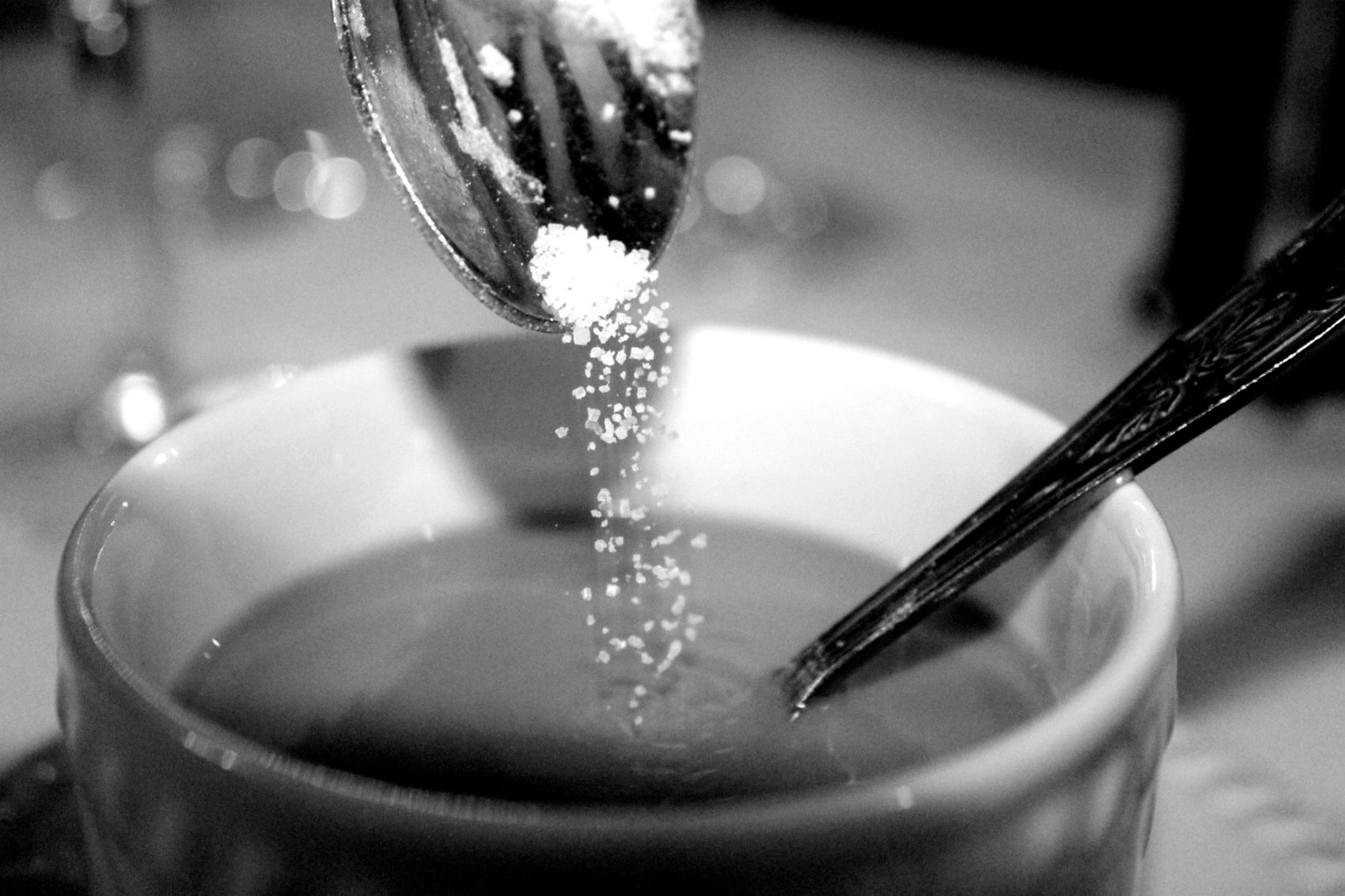 I remember the moment where it clicked…
I remember the moment where it clicked…
Fat doesn’t make you fat! Fat doesn’t cause all these terrible things like obesity, heart disease and the like. The real culprit is sugar!
When I was growing up my mother and father were strong advocates of the low-fat ‘healthy’ lifestyle. We ate low-fat margarine, low-fat yoghurts, and skimmed milk. We avoided red meats and cut the fat off our bacon. Sausages were a no-no, and we cooked with small amounts of ‘healthy’ vegetable oils.
As it happens, my dad was also a marathon runner.
He passed away a couple of years ago while only in his 60’s, having already had a heart bypass and then dying after a 2 year battle with cancer that he knew from the offset, was terminal.
My dad’s treat of choice?
Haribo gummy sweets.
He used to feel like it was fine to eat sweets because he was being so healthy otherwise. And when he was very ill and couldn’t eat much food due to the cancer in his oesophagus, he would eat sweets (for energy), or porridge drenched in maple syrup.
Oh if only we’d known then what I know now.
According to a study by the Credit Suisse Research Institute in 2013, 40% of US healthcare is spent on diseases related to the over-consumption of sugar.
Sugar Helps Cancer to Thrive
The simple link between sugar and cancer is that unlike our healthy cells which can be fueled from both fats and carbs, cancer cells are ONLY able to feed on sugar and therefore can only survive if there is enough sugar present.
This was discovered by Dr. Otto Warburg in the 1930’s, and he received a Nobel Prize for his discovery. He found out the cancer cells have a different energy metabolism – one that relies on anaerobic glycolisis as opposed to aerobic.
What this means is glucose is used as fuel by the cancer cells, with lactic acid being the major by-product of this process which accounts for the higher acidity of cancer cells.
Dr. Mercola states that:
“This inefficient pathway for energy metabolism yields only 2 moles of adenosine triphosphate (ATP) energy per mole of glucose, compared to 38 moles of ATP in the complete aerobic oxidation of glucose. By extracting only about 5 percent (2 vs. 38 moles of ATP) of the available energy in the food supply and the body’s calorie stores, the cancer is “wasting” energy, and the patient becomes tired and undernourished. This vicious cycle increases body wasting.5 It is one reason why 40 percent of cancer patients die from malnutrition or cachexia.”
Unfortunately, I feel that it has taken a long time for people to really start to understand the dangers of too much sugar in their diet. Although, with the growing popularity of the keto diet, I hope this is now changing!
There is still so much for us to learn in our quest for health and longevity, but I feel that beginning to understand the dangers of sugar in our diet and changing our daily nutrition to be low in sugar is a huge step forward.

